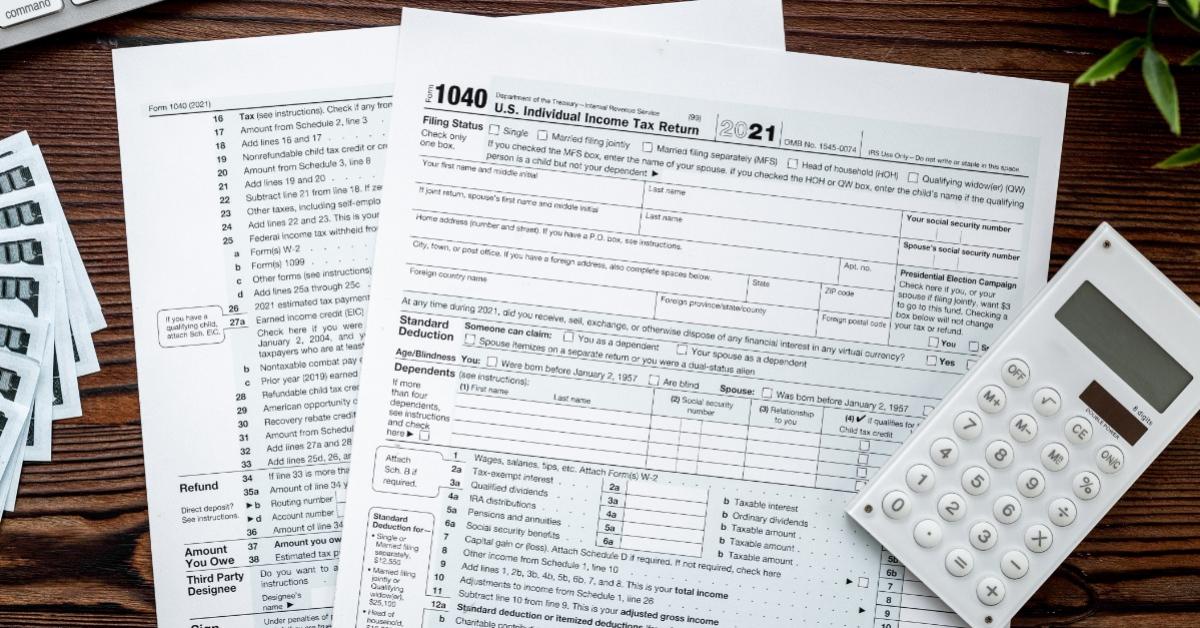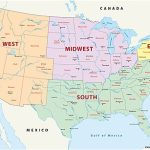
Taxes are the price we pay for a civilized society.
Taxes are the price we pay for civilization.
I like to pay taxes. With them I buy civilization.
—Justice Oliver Wendell Holmes Jr.
During tax season, many people try to provide you with practical ways to lower your tax bill and mitigate your exposure to both tax payments and reporting. Instead of repeating such advice, I would rather discuss the role of taxes in society or, in particular, why we don’t need taxes.
Almost everyone recognizes that paying taxes causes psychological harm along with other negative effects. However, it is commonly said that despite all the drawbacks, taxes are the price we pay to live in a civilized society, which is what the sign in front of the Internal Revenue Service building in Washington, DC, proclaims.
Instead, I would like to make the case that this common statement is the opposite of the truth. Taxes are not the price we pay to live in a civilized society. Rather, taxes help to undermine what is left of civilized society.
Two broad-based reasons for taxation are frequently given. First, we need taxes in order to provide for so-called public goods. Second, we may need to distribute wealth in a more equitable manner. I submit that neither of these reasons is a particularly good reason for taxation and should therefore not be proposed. If taxation is to exist, it should be justified on other grounds.
Both arguments made in this article are somewhat simplified. For a thorough explanation, readers are encouraged to read Murray Rothbard’s treatise Man, Economy, and State, among other great works. The arguments presented in this book are impeccable and logically consistent, and that logic is taken to its conclusion, showing that the only truly ethical world in which we can live must be a world in which taxes do not exist and coercion is removed from society.
Why Taxes Cannot Be Used to Increase Welfare in Society
All economics is microeconomics. No “macroeconomic” phenomena can exist outside the individual decisions of billions of individuals. Therefore, we will start this exercise from the perspective of the individual. Individuals must act in the world. No matter what you do, you must act in some manner. This action consists of using means to obtain certain ends. But how do we know which ends to achieve and which means we should use to obtain them? That is up to the individual to decide. The individual must believe that achieving the ends will necessarily make his life better. He must also believe that his action combined with the means he utilizes can successfully achieve the desired end. Note I am not saying that he is flawless in this assessment nor in his ability to achieve the ends but rather that he believes both to be true before the fact.
The way in which we know as outside observers that an individual desires some definite end is always and only through observing his actions in the world. While the individual can always say what he values and make tradeoffs in his mind that he then expresses to the world, we can never be sure that he actually desires some end more than another unless he actually demonstrates his preference through his action in the real world. This point is crucial in that I do not advocate the typical model of the market as efficient and man as homo economicus. Those are simply not accurate pictures of the world. What I do advocate is that not only is any individual in a better position to know what increases his well-being, he is actually the only one that can possibly know what makes him better off. No outside party can possibly know.
From this point, we can draw a more sweeping conclusion. If the individual is the only one that can know what makes him better off, we must necessarily allow individuals to make choices in society in a voluntary manner. This demonstrated preference would be their only way of expressing what actually maximizes their own welfare. As a corollary, any intervention into the market economy therefore necessarily impedes the ability of the individual to express his preferences through action.
It is no major step from this point to highlight that given all actions in the free market maximize welfare (at least beforehand, or a priori) and that all coercive interventions into the market necessarily harm the ability of the individual to maximize his welfare, when the government intervenes in the economy, it necessarily makes the world worse off. Utility cannot be maximized in any scientific way if the government intervenes.
Finally, we note that, while all forms of government intervention necessarily make society worse off, taxation falls well within this category. As a nonvoluntary payment, taxation forcibly co-opts funds from members of society. Those funds were necessarily going to be spent in another way. If they weren’t, then what is the point of taxation in the first place? Therefore, we know that funds are taken from the wallets of some and put into the hands of capital allocators, who will necessarily spend the money in a less optimal way, making the world worse off.
Why Redistribution through Taxation Makes the World Poorer
The second major argument for taxation is to redistribute wealth in a perceived more equitable manner. This too is a fallacy. Actually, the very idea of a “distribution” of wealth is fallacious from the start. Natural resources are distributed all over the world. Some places have more and some have less quantity for any number of resources. No matter the starting point, we know that humans act in the world in order to alleviate unwanted dissatisfaction. From here, we know that in practice, this often means acquiring certain inputs (could simply be skills and elbow grease all the way to major manufacturing equipment) and mixing these inputs in a certain way and in a certain environment to create an output. This output is then sold: the higher the selling price, the better for the producer; the lower the price, the better for the consumer.
Given that all economic activity consists of the creation of wealth through this rearrangement of inputs to better achieve the desires of the consuming public (and therefore obtaining a higher selling price for the producer), we know that producers (or entrepreneurs) are trying to maximize the welfare of the consumer in order to maximize their own welfare through increased profits. In this sense, profits are simply an indication of how much good you have already done for the world. Taxing these profits and giving the proceeds to others who have not done as much good is incentivizing a lowering of consumer welfare and a raising of prices, as well as necessarily making those in society that do not produce as much in an artificially better position than their counterparts who actually did produce value for the world.
Letting the market allocate resources and funds is the only just distribution of resources. To be more precise, it is not actually a process of “distribution” at all. Each transaction in society necessarily leads to where resources currently sit. Each transaction was entered into by at least two individuals making themselves better off a priori. There is no such thing as some allocation of wealth beyond what is entered into on a daily basis by the individual. As such, redistribution should be recognized as a government-mandated allocation away from what consumers desire. When you put it this way, redistribution of wealth is not so attractive after all.






